Research
Microbes are essential for the integrity of environmental ecosystems and may be harnessed to provide sustainable and scalable solutions to the challenges posed by climate change and environmental degradation. Our group's research aims at better understanding how microbes and microbiomes function in order to, for example, provide insights into microbial processes underlying the marine carbon cycle and inform the engineering of microbes or microbiomes to provide sustainable solutions, from wastewater treatment to plastic degradation and CO2 sequestration. We often focus first on understanding fundamental processes at the level of single cells and then ask how the behavior of individual microbes and interactions between them gives rise to the function of microbial communities and entire microbial ecosystems. In our studies, we use microfluidics-based live-cell imaging and a variety of omics methods including genomics, transcriptomics and proteomics and metabolomics. We furthermore use bioinformatics approaches as well as mathematical and computational modeling to gain further mechanistic insights and to conceptualize our findings. To connect our work to tangible solutions for concrete problems, we collaborate with environmental physicists, chemists and engineers.
Microbial interactions at the microscale
Metabolic interactions in spatially structured microbial communities
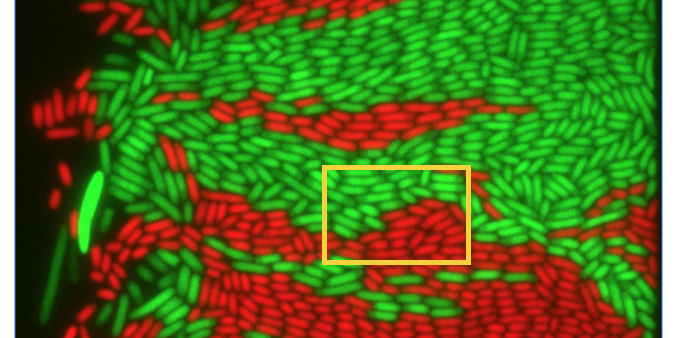
Microbial communities exhibit complex metabolic interactions. We investigate how these interactions arise at the single-cell level and scale up to determine community functions. Read more
Antagonism as a strategy for nutrient acquisition
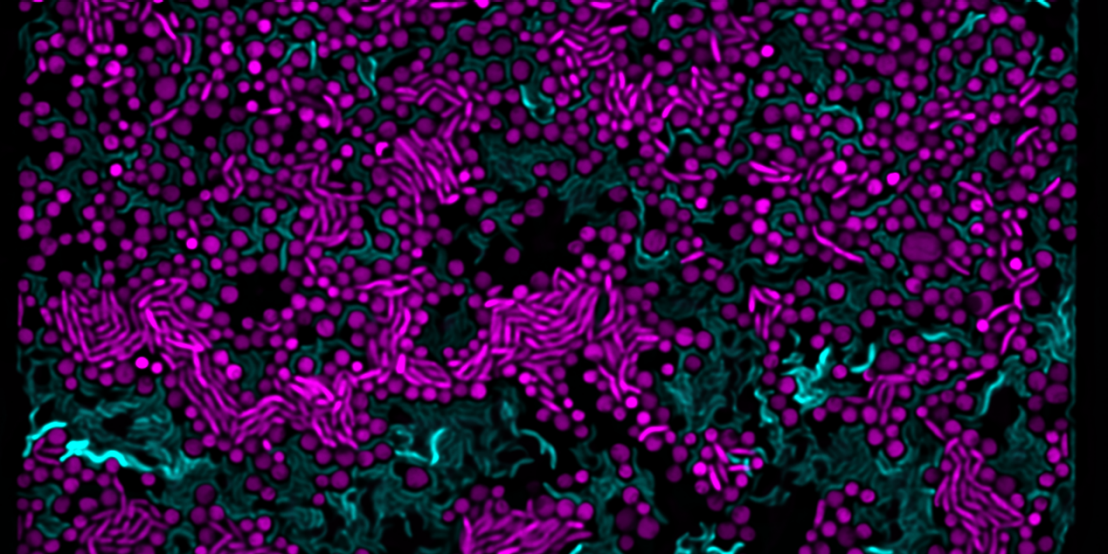
We investigate antagonistic strategies employed by microbes to acquire nutrients from their neighbouring cells through cell lysis. Read more
Group behavior and collective nutrient breakdown
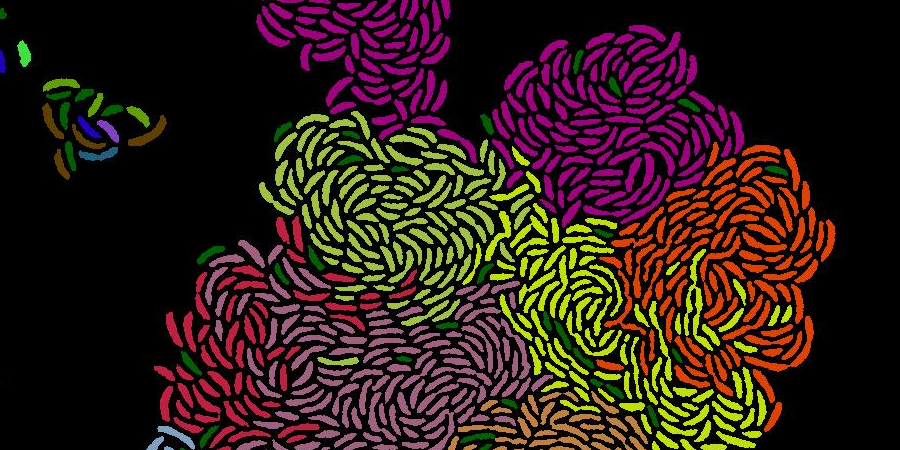
Various tasks in microbial communities are performed collectively (e.g. polymer degradation or biofilm formation). We investigate how microbes coordinate group behaviour and how such behaviour evolves. Read more
Distribution of functions in microbiomes
Principles of metabolic pathway distribution
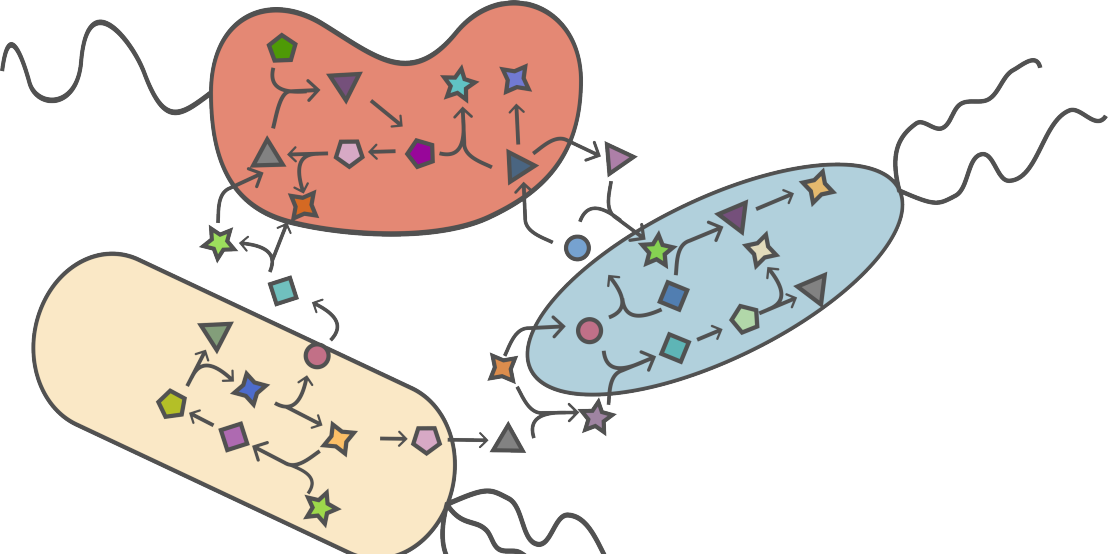
Microbial communities exhibit a collective metabolism. We investigate what drives the evolution of such distributed metabolism and what its ecological implications are. Read more
Stability and coexistence in microbial communities
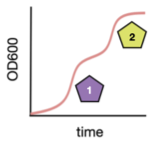
Many species that perform the same function or occupy the same niche coexist in microbial communities. We aim to understand how this redundancy is maintained and how it influences the resilience of the community. Read more
The ecology of phages within microbiomes
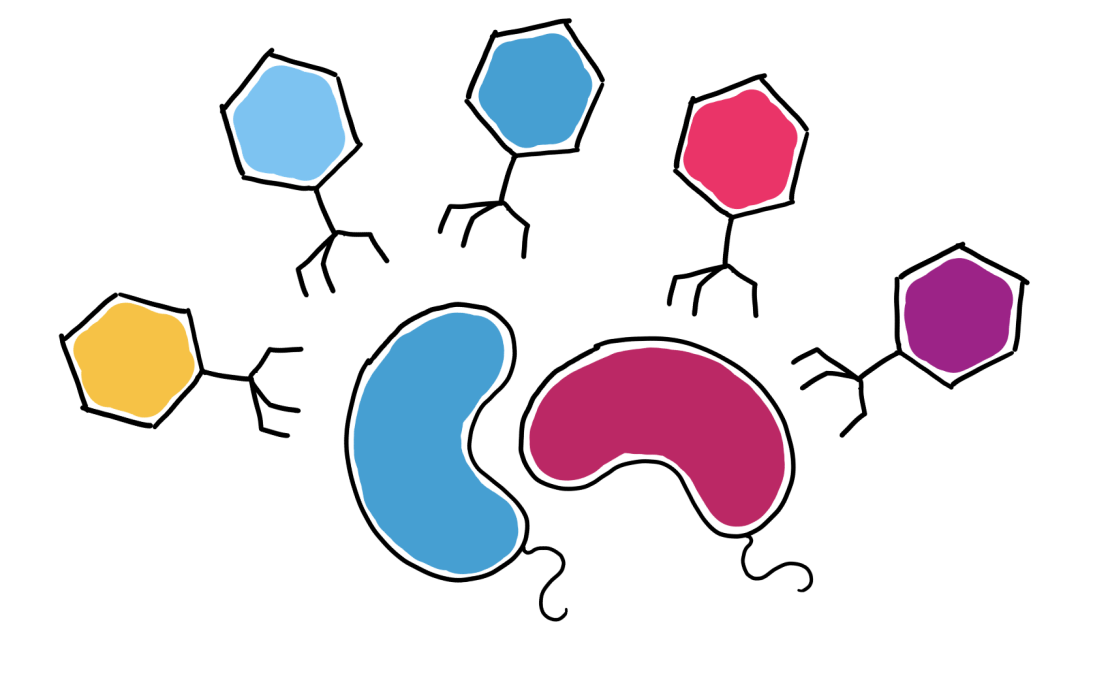
We are just starting to look deeper into the role of phages in microbial communities! Read more
Climate and enviromental solutions
Microbial and molecular approaches to tackle environmental challenges
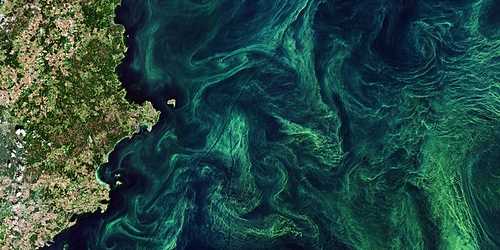
Microbes play key roles in biogeochemical cycles and biotechnological processes such as wastewater treatment. We are leveraging our fundamental research on microbial communities to address environmental degradation and climate change. Read more
Method development for microbial ecology
Microfluidics method and software development
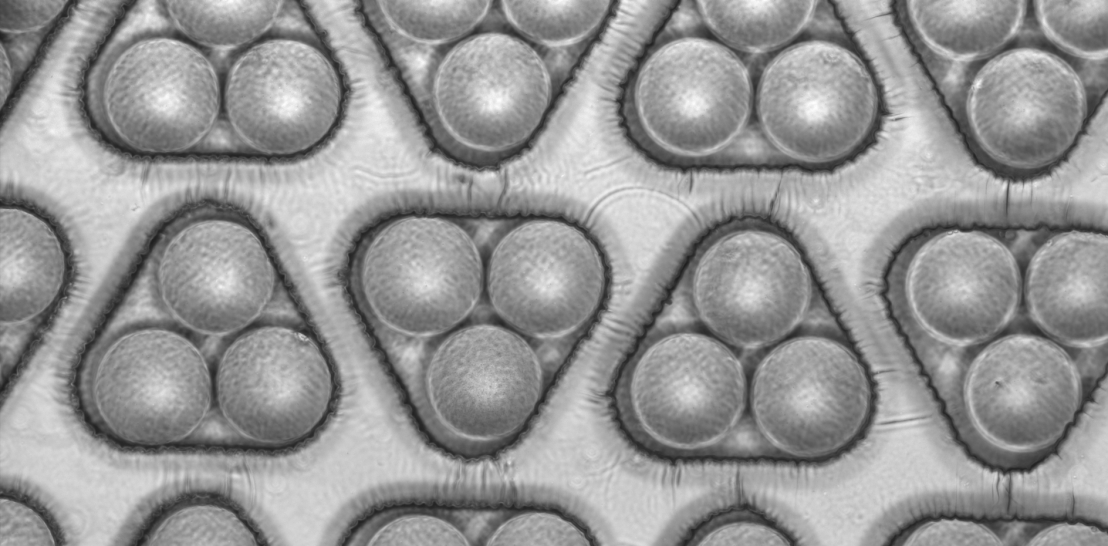
To study microbial community function and organisation quantitatively, we develop microfluidics methods and image analysis software. Read more